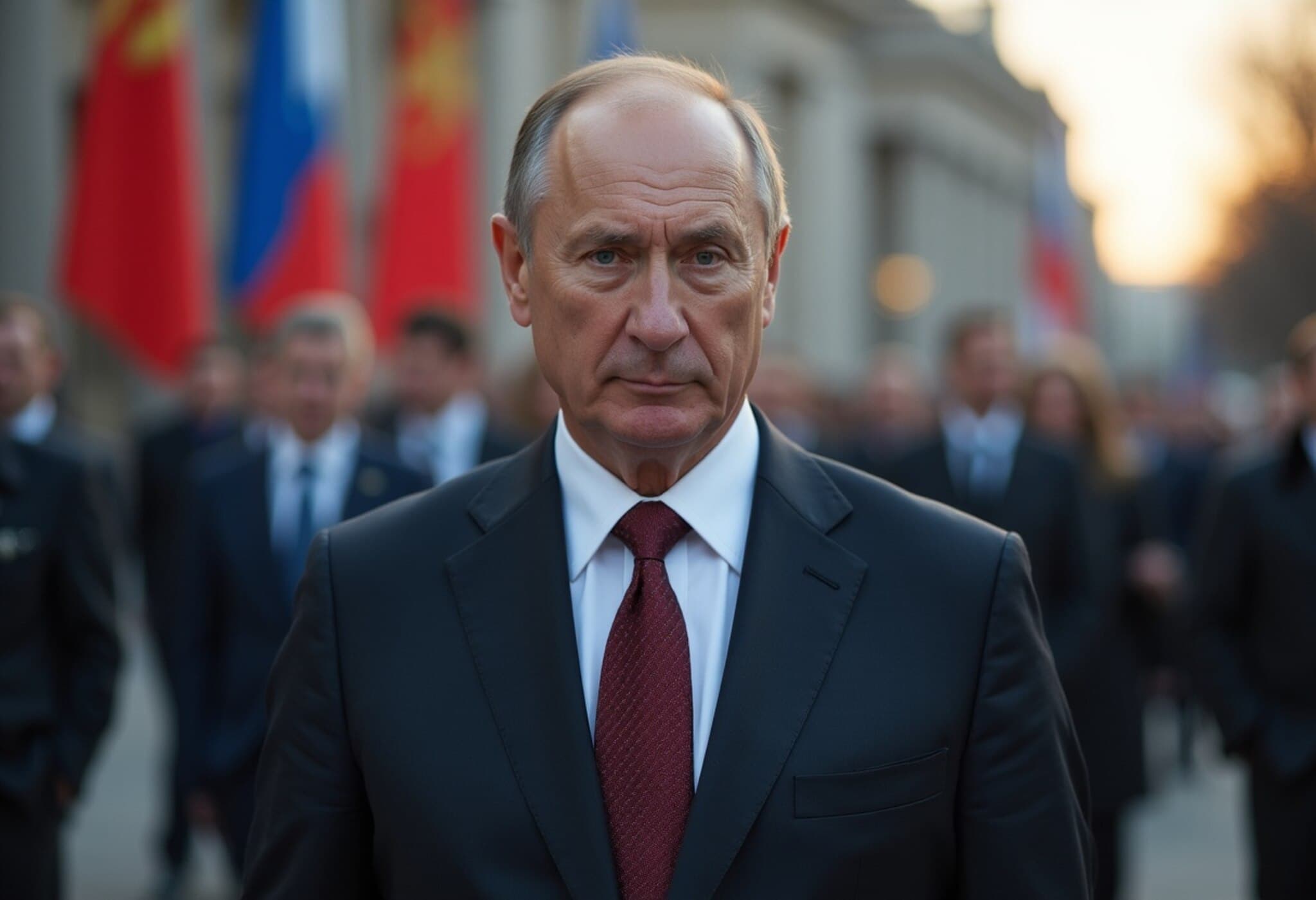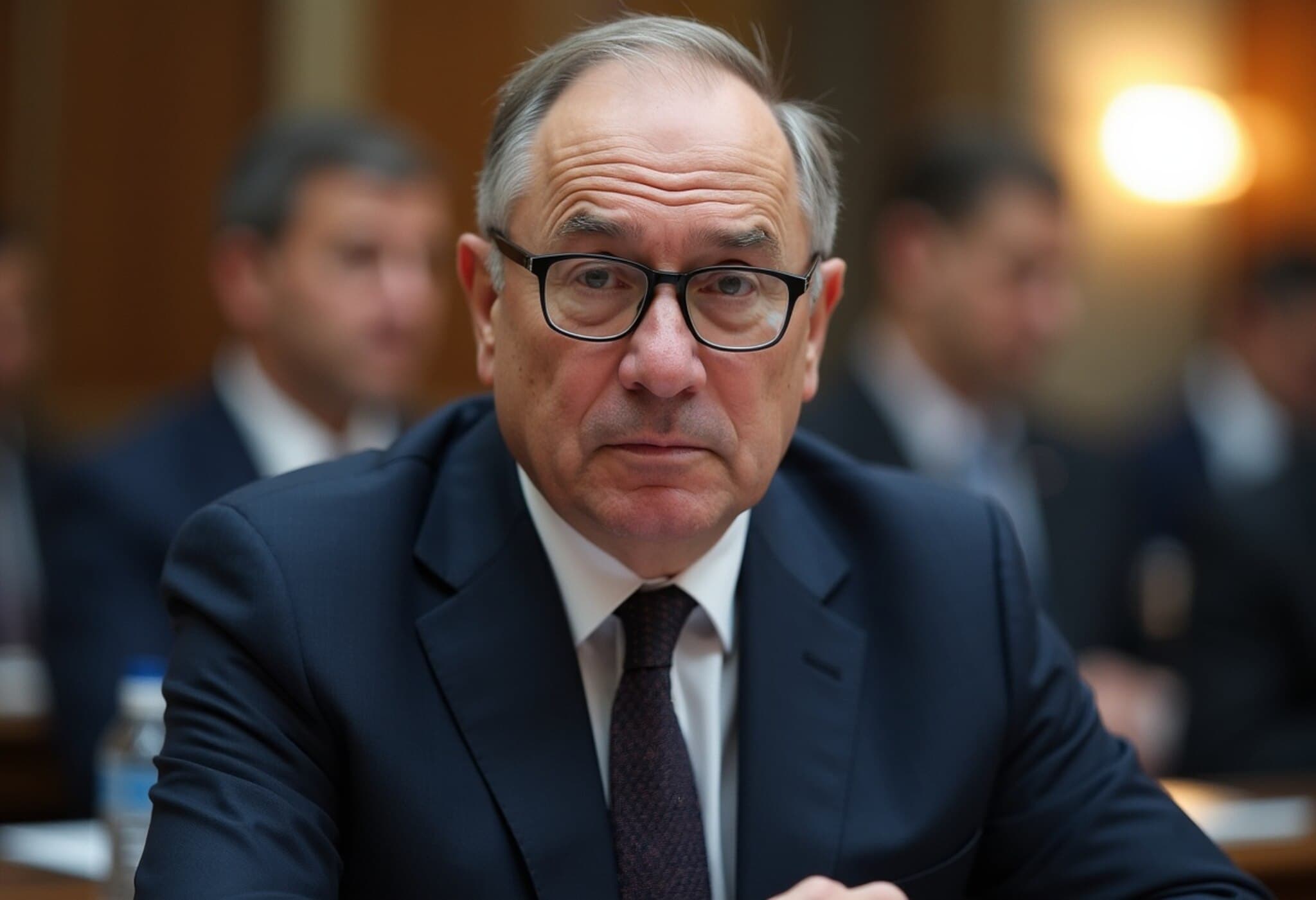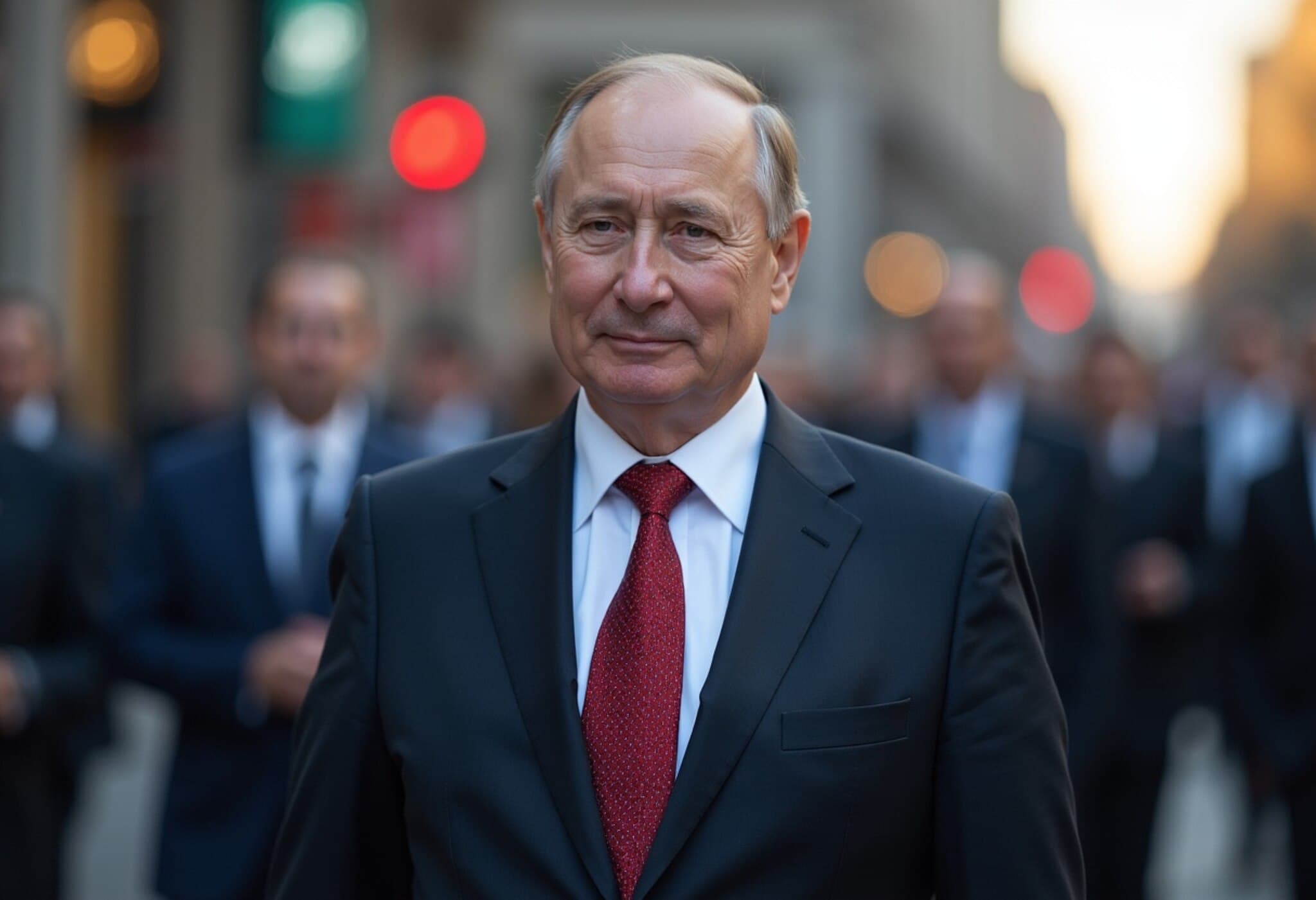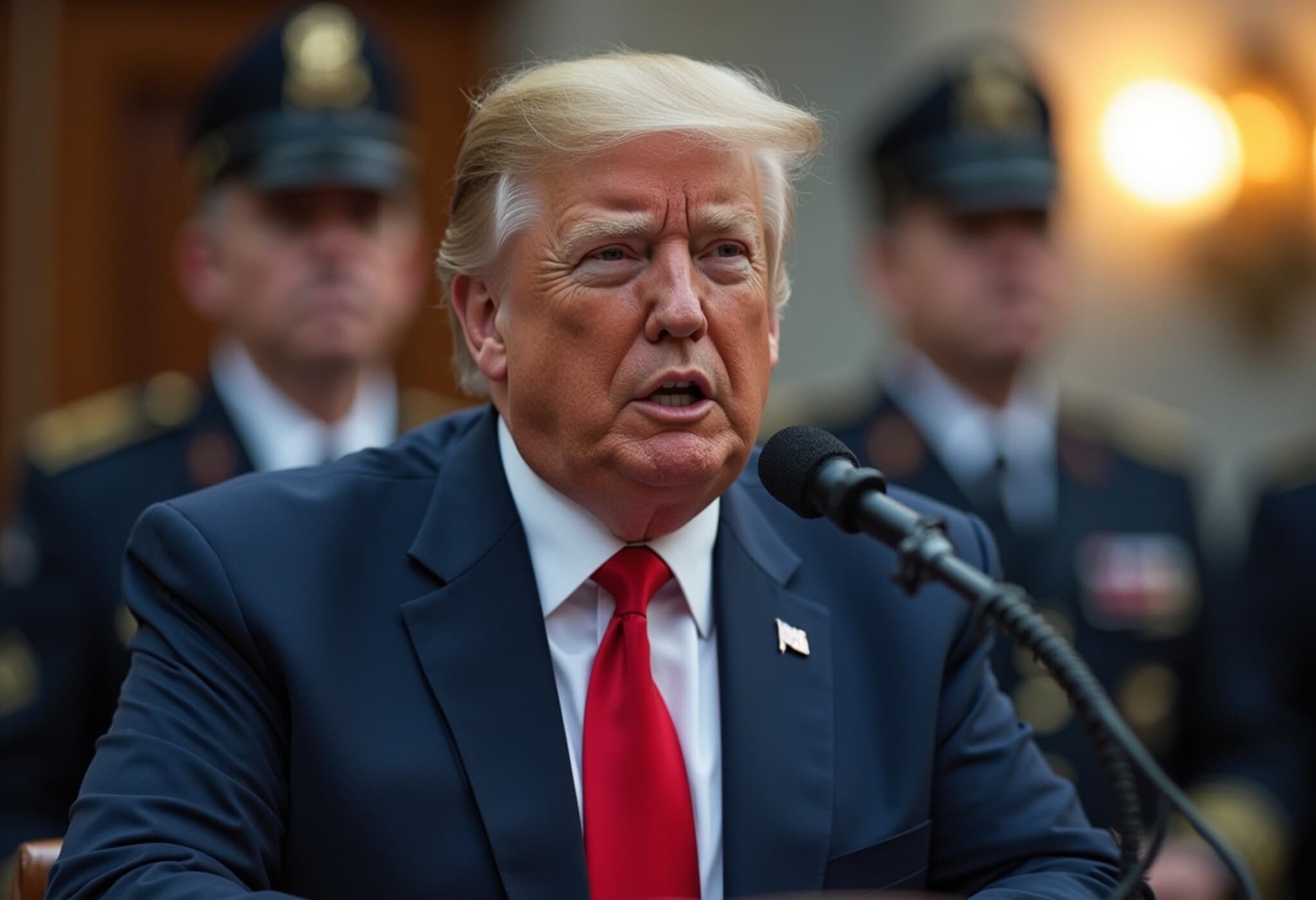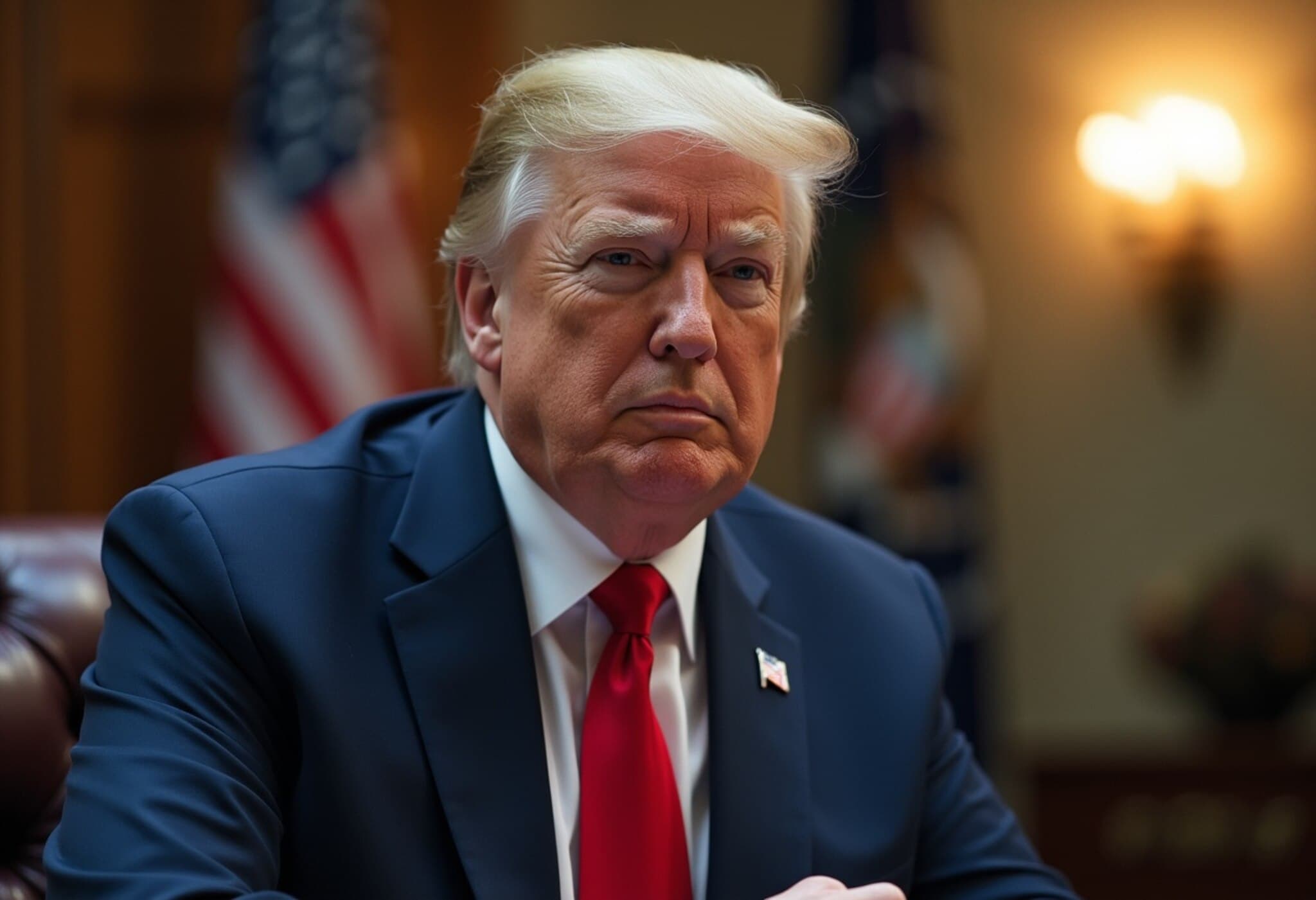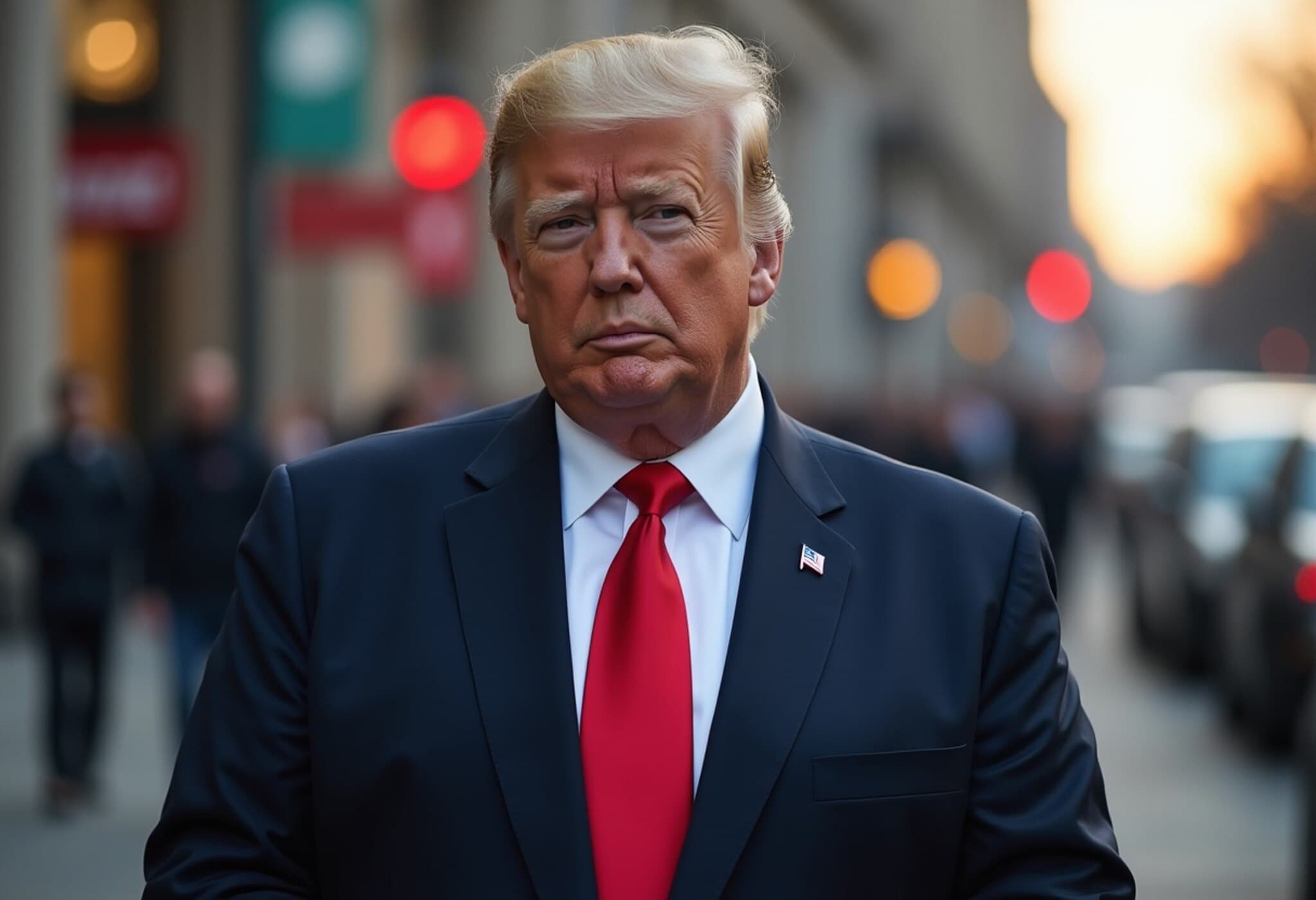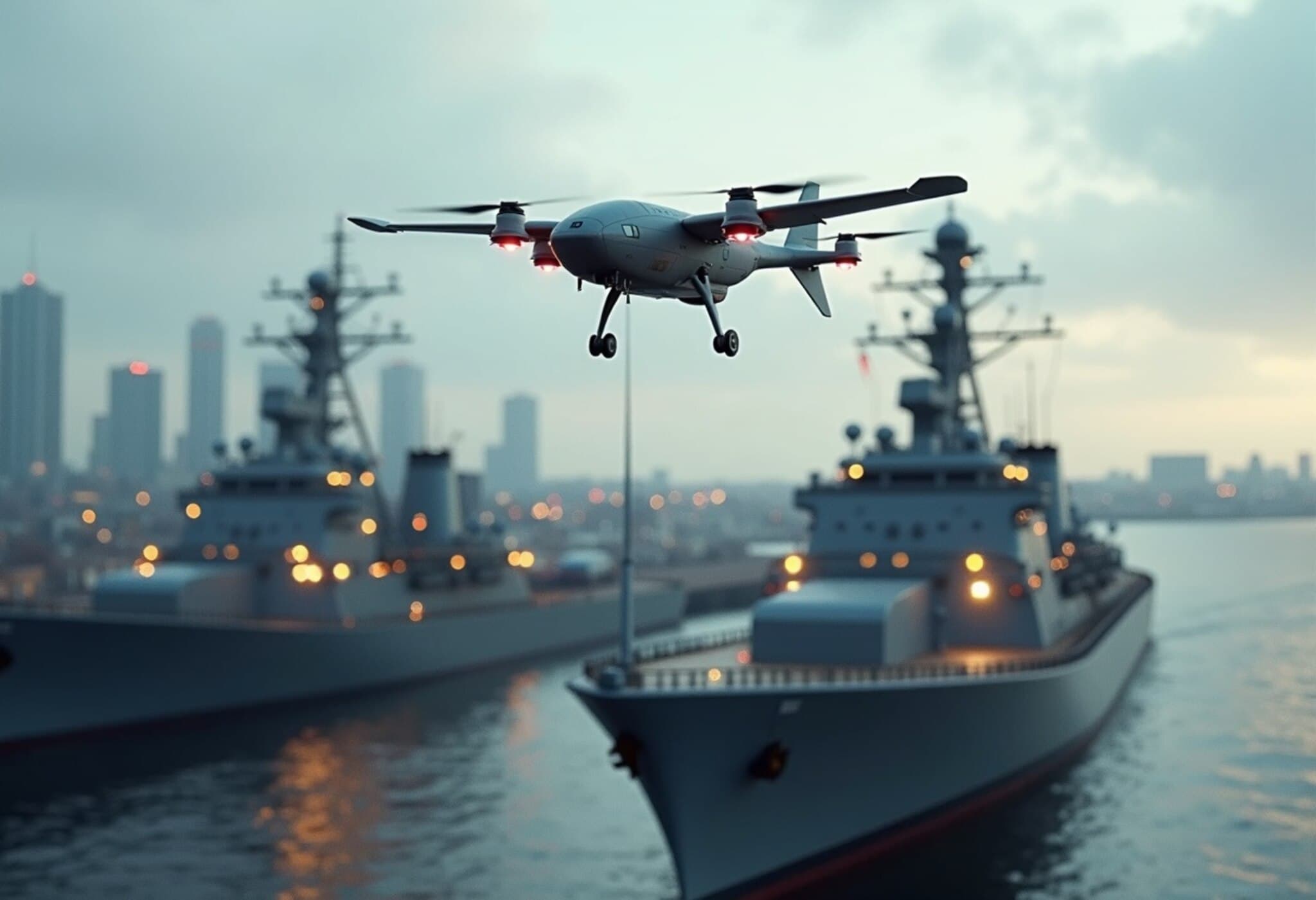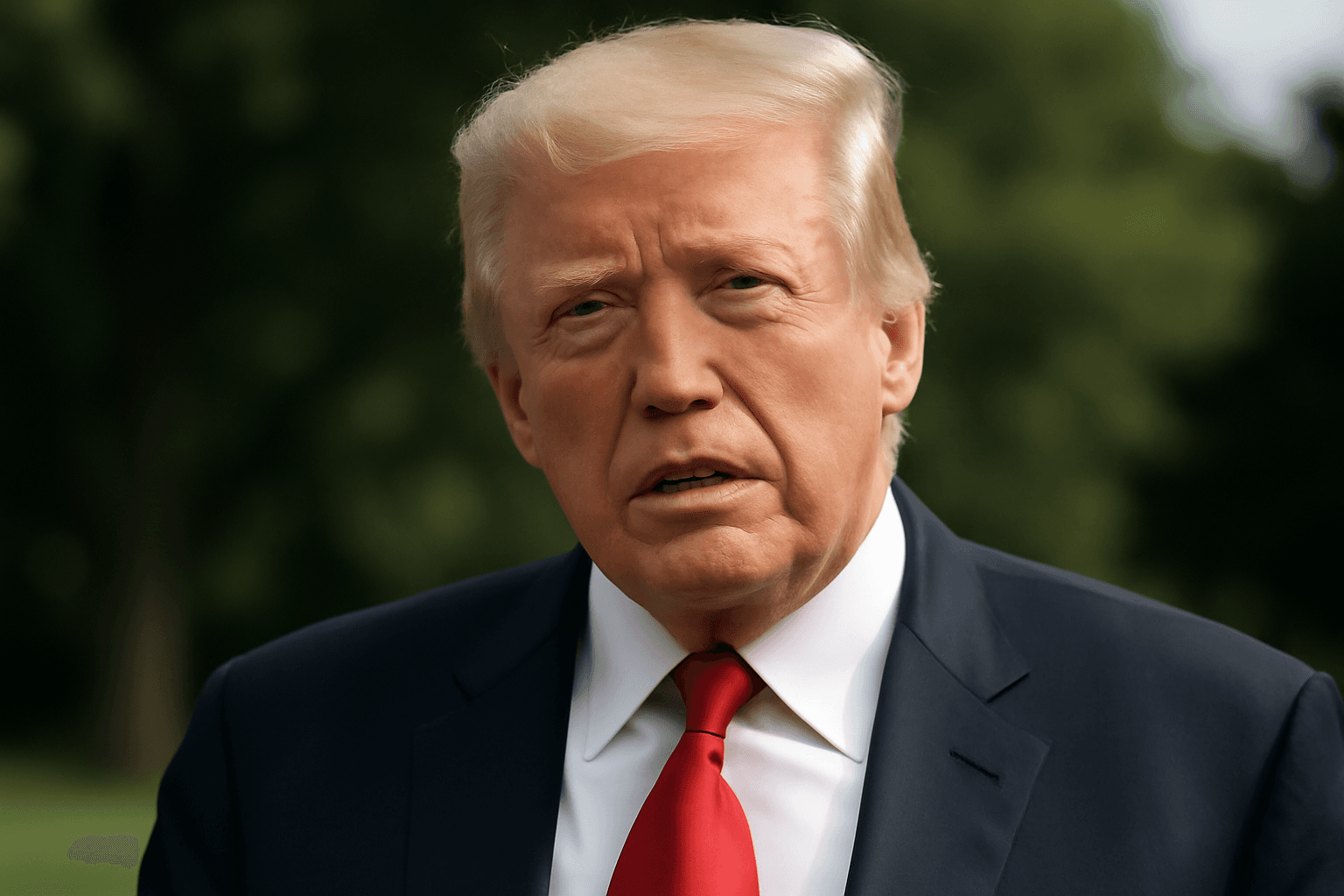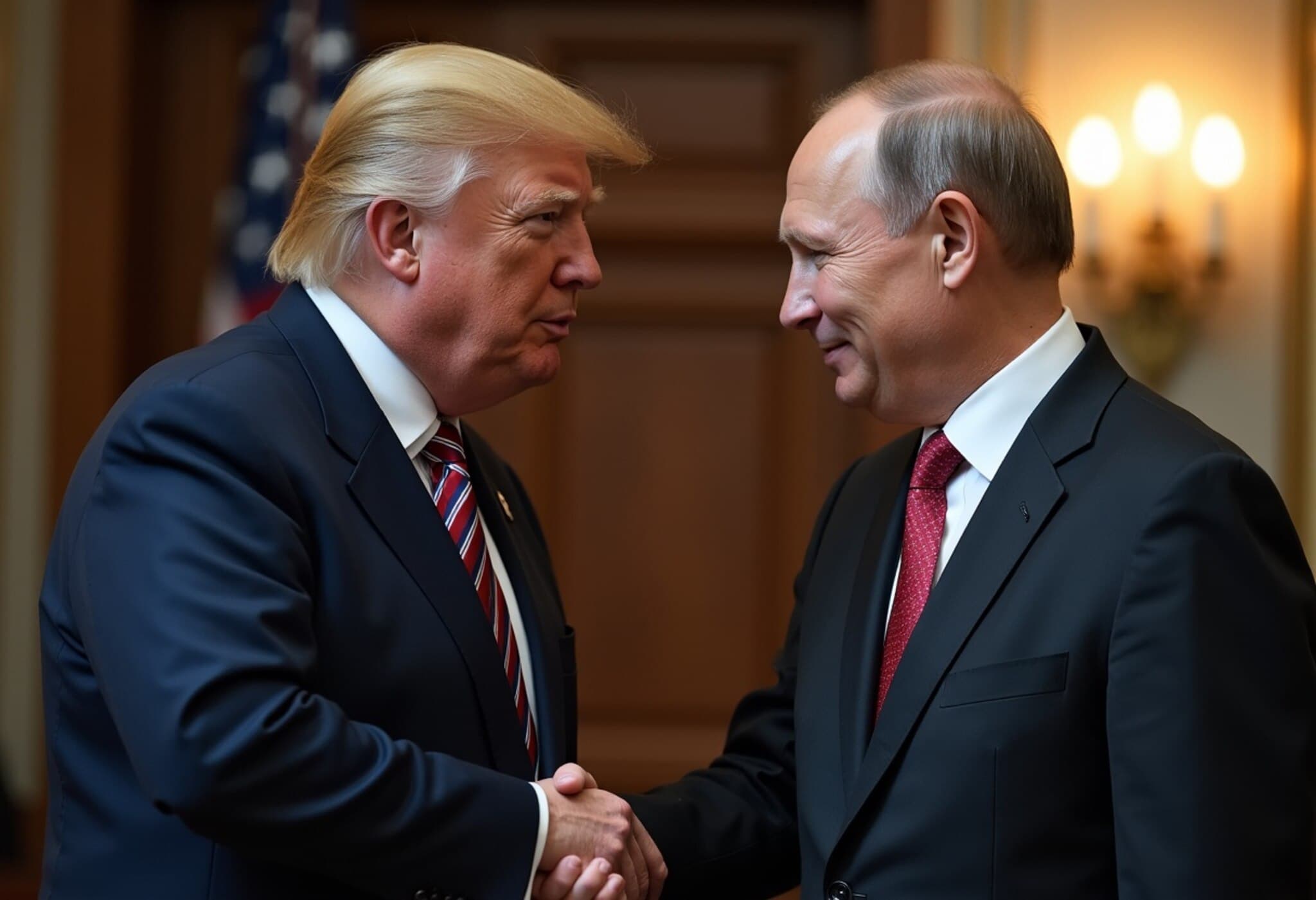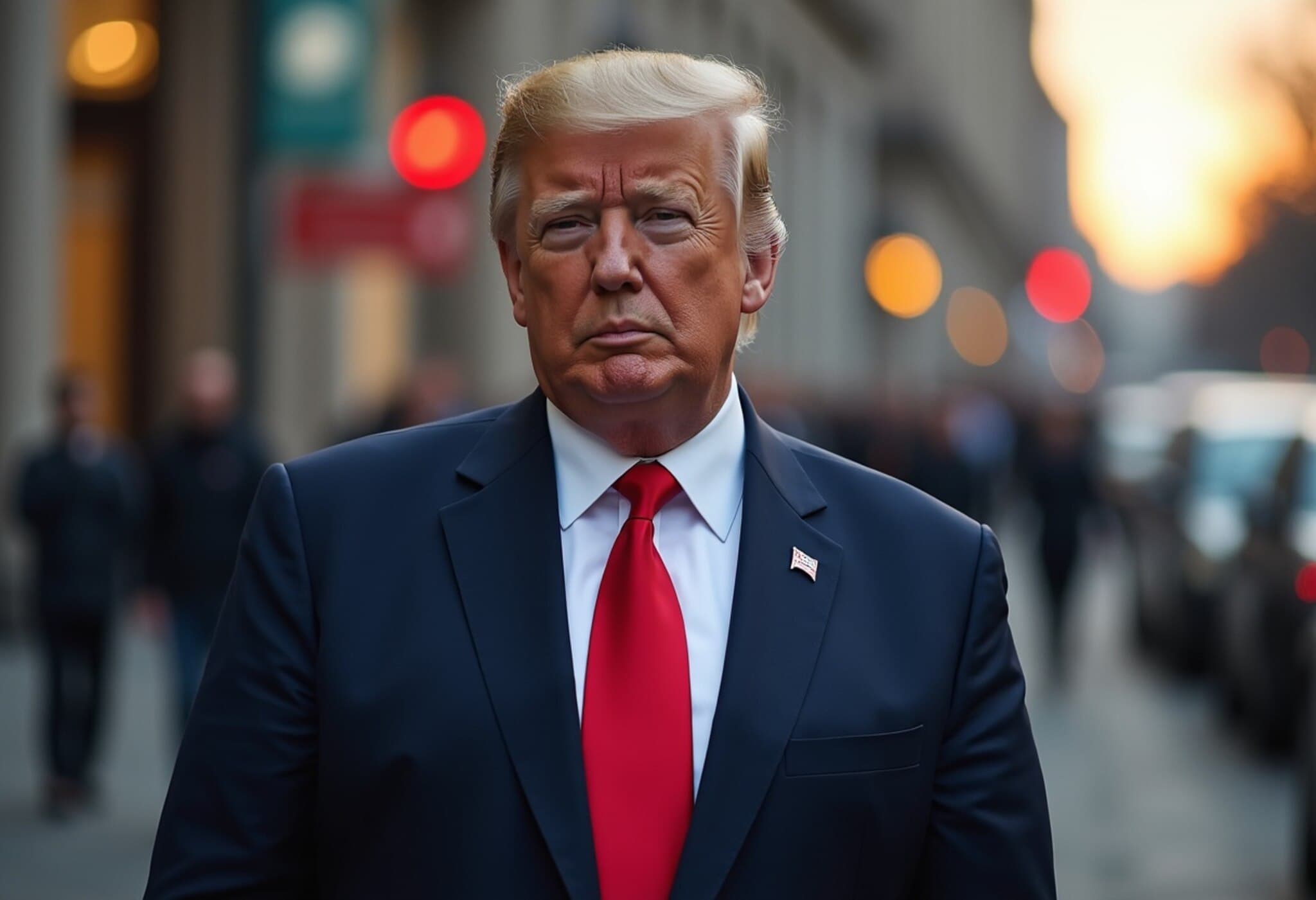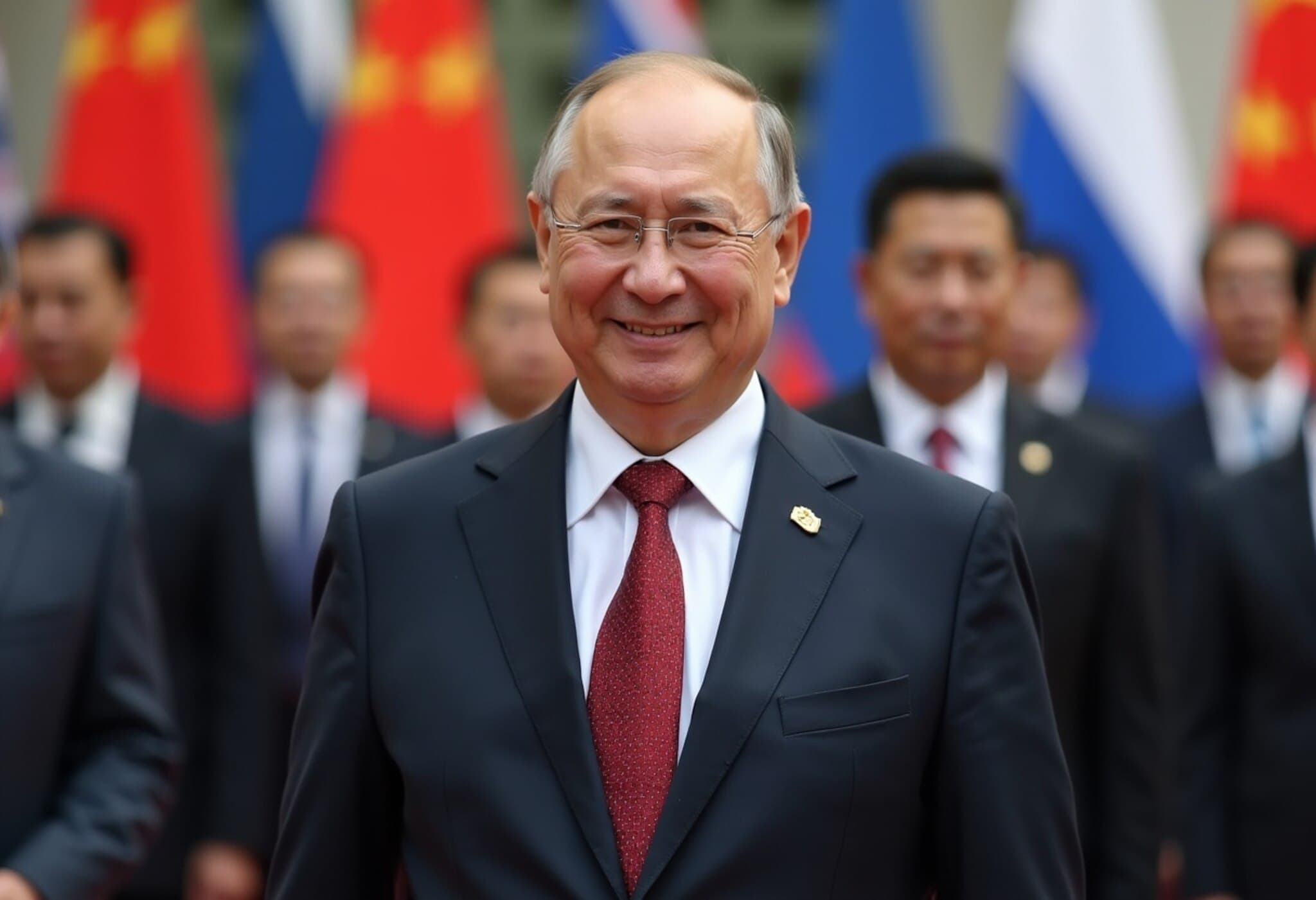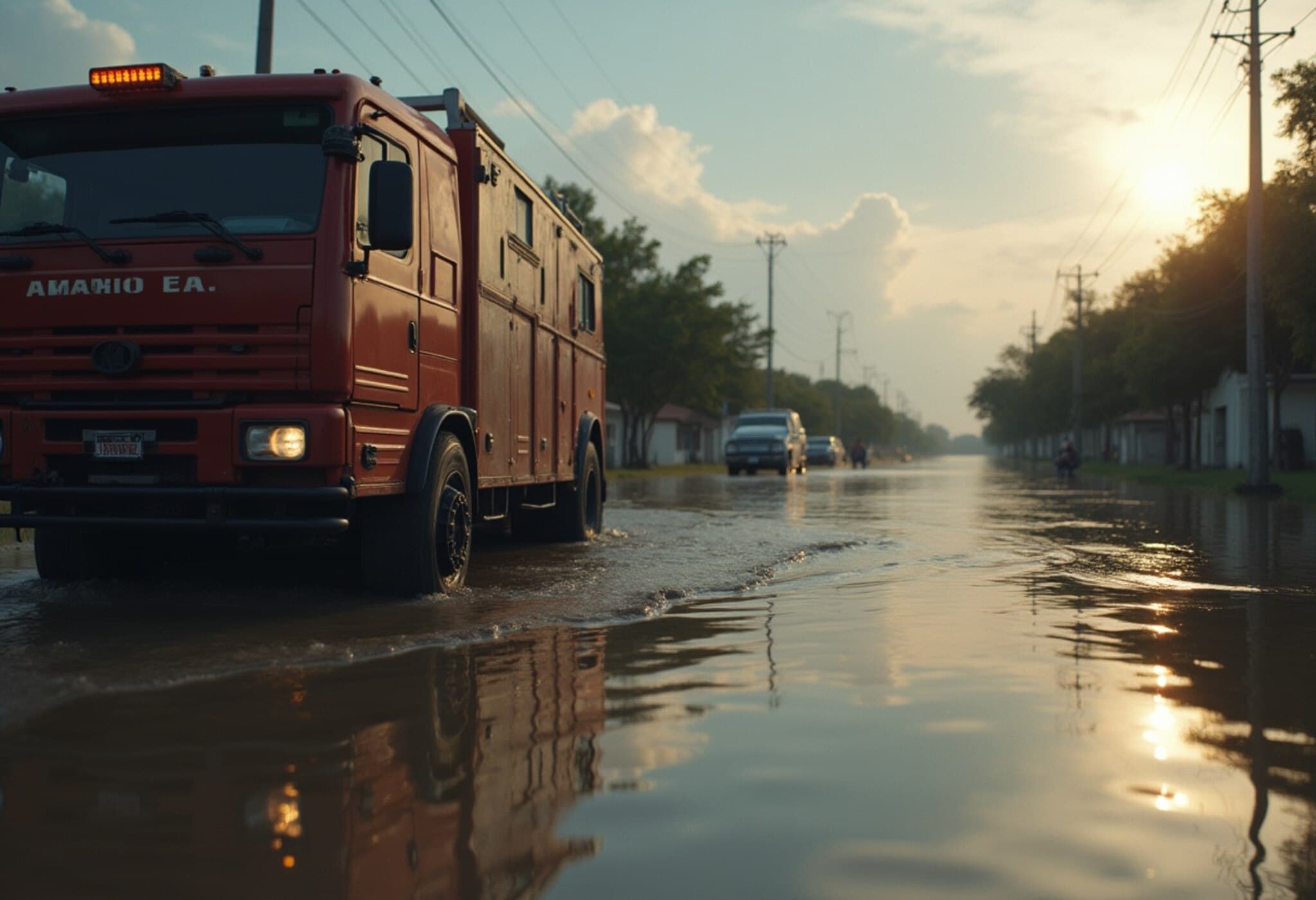Kremlin Defends Wartime Censorship as Russia’s Information Battle Intensifies
In the backdrop of Russia’s ongoing military engagement in Ukraine, Kremlin spokesman Dmitry Peskov has publicly justified the implementation of strict wartime censorship within the country. Speaking exclusively to Expert magazine, Peskov acknowledged that numerous independent and opposition media outlets have been shuttered, while many journalists chose to leave Russia over the last three years.
Suppressing Dissent: A Strategic Move During Conflict
Since the onset of the invasion in February 2022, Russian authorities have taken sweeping action to silence critical narratives. This has included blocking popular platforms such as Twitter (now known as X), Meta’s Facebook and Instagram, and YouTube — all mainstays for information and social discourse. Concurrently, laws imposing harsh penalties, including lengthy prison terms for anyone accused of 'discrediting' the Russian military, have been enacted.
Reflecting on these measures, Peskov emphasized the extraordinary circumstances Russia faces. "Now is the time of military censorship, unprecedented for our country," he remarked. "The war extends beyond the battlefield and into the information space itself. We cannot ignore media outlets that actively seek to undermine Russia’s position."
Examining the Broader Implications of Censorship
Experts and critics alike raise fundamental questions about the balance between national security and freedom of expression. While wartime censorship is not uncommon globally, Russia’s approach has been especially severe in scope and duration, drawing international condemnation and raising concerns about the erosion of democratic norms.
- Information as a battleground: The Kremlin views controlling media narratives as crucial to maintaining domestic support and national unity during the conflict.
- Journalist exodus: Thousands of media professionals have departed Russia, seeking safer environments to report without fear of persecution.
- Global media landscape shifts: The Russian public now has limited access to independent news sources, raising challenges for information diversity and media literacy.
Contextualizing Within the American Perspective
From a U.S. policy standpoint, Russia’s intensive censorship echoes Cold War-era control over information, but in the digital age, it highlights how authoritarian regimes adapt to combat narratives threatening their governance. It also underscores the role of international platforms and governments grappling with misinformation and propaganda amidst conflict. For American policymakers, ensuring the free flow of accurate information remains a cornerstone of supporting democratic resilience globally.
Underreported Aspects & Critical Questions
What remains underexplored is the personal toll on Russian journalists and citizens deprived of diverse viewpoints, as well as the longer-term impact on Russia’s media landscape post-conflict. How sustainable is this censorship, and at what cost to civil society’s ability to recover? Additionally, the international community faces the challenge of supporting independent journalism under such repressive conditions.
Editor’s Note: Navigating the Complexities of Wartime Media Control
Russia’s wartime censorship illustrates the high-stakes struggle over facts and narratives when nations are at war. While safeguarding national security is vital, suppressing dissent and curtailing free expression raise profound concerns about human rights and the future of open dialogue. As this information conflict unfolds, readers are invited to critically assess how governments worldwide wield media controls during crises — and what that means for the democratic principles that underpin informed societies.

